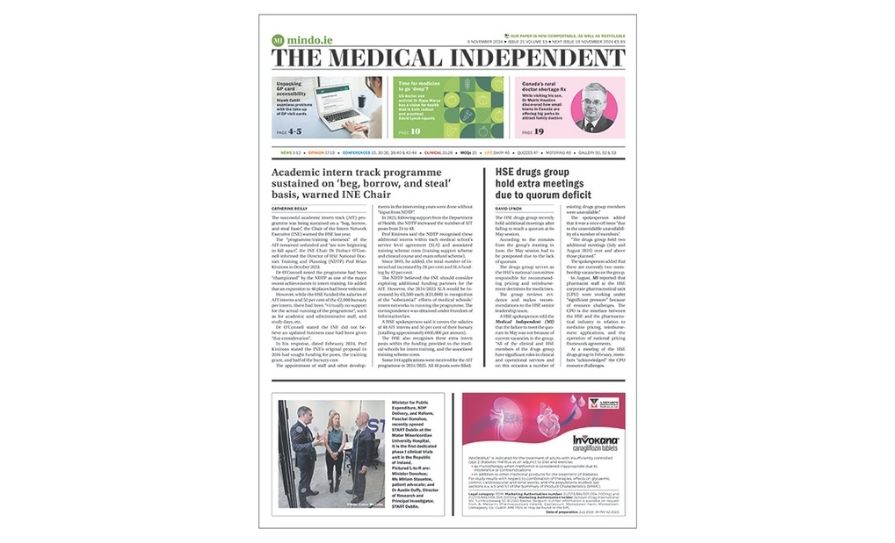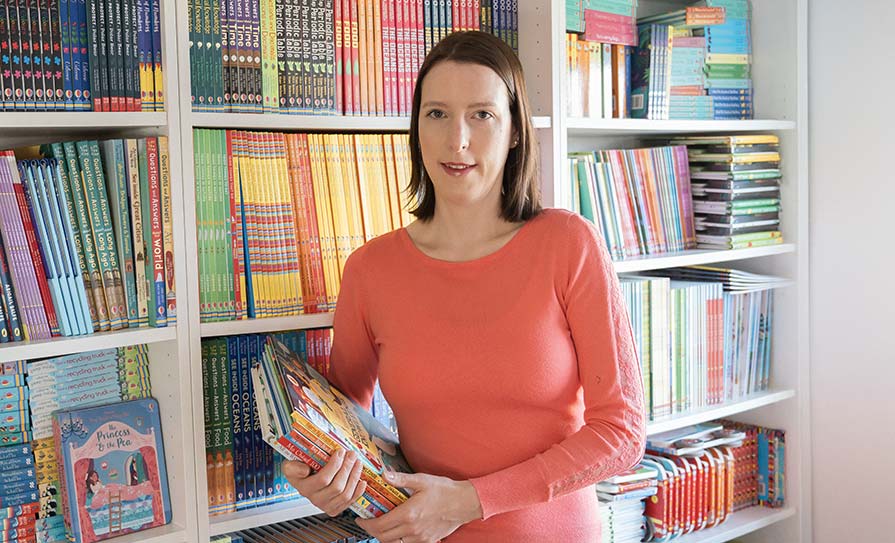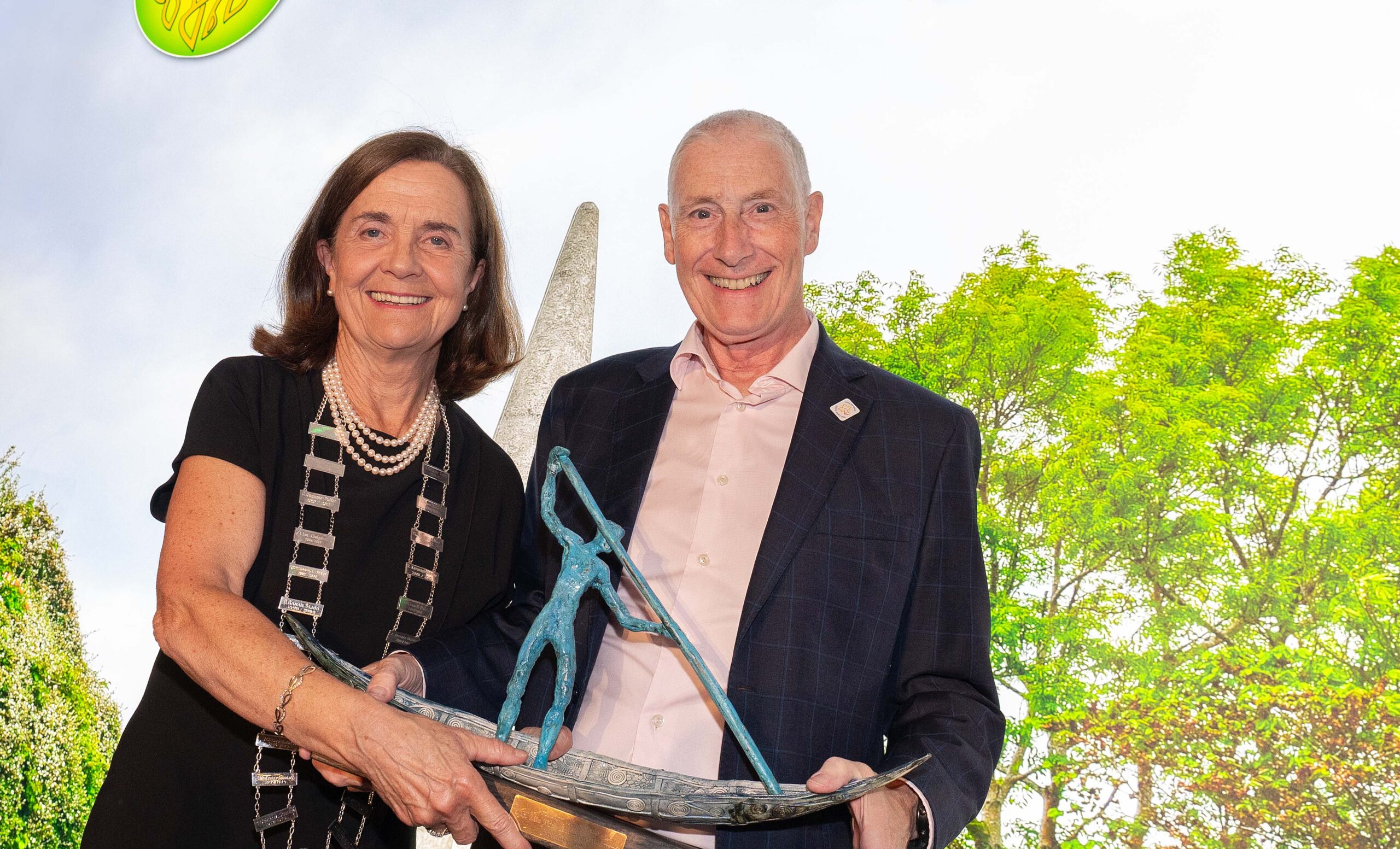“The flogging will continue until morale improves.”
Healthcare services have come under increasing fire in recent years for their lack of compassionate care. Criticism has been particularly noticeable since 2013, when the Mid-Staffordshire NHS Foundation Trust was found to have serious failings in provision of care that resulted in patient distress and deaths. The subsequent Francis report identified a lack of compassion as being among the major causes of negligence. Since then, ‘compassionate care’ has become a new healthcare buzz-phrase, with drives to improve it. Somewhat ironically, lack of compassion has also become the new stick to beat the already much-beaten healthcare sector with. Threat and fear basically inhibit and negatively impact on compassion. While it is very simplistic to believe that you can shame or browbeat people into becoming compassionate, like the old joke signals, all the evidence is that you cannot and that you will make things worse.
Compassion
Compassion is not the same as empathy or altruism, though the concepts are related. While empathy refers more generally to our ability to take the perspective of and feel the emotions of another person, compassion is when those feelings and thoughts include the desire to help. Altruism, in turn, is the kind, selfless behaviour often prompted by feelings of compassion, though one can feel compassion without acting on it, and altruism isn’t always motivated by compassion.
Not all doctors handle feelings or express compassion the same way. Those who are more sensitive, who have difficulties regulating their negative emotions or those with overly suppressed emotional control all struggle in different ways with the requirement to be clinically compassionate. Specialty choices often reflect and reinforce these dispositions and postgraduate bodies could do more to target and develop better coping and response repertoires. Doctors who treat chronic, debilitating or incurable disease, such as psychiatrists or neurologists, usually understand but sometimes forget that compassionate care is especially central to their practice. We can feel our treatments are totally ineffective and forget that for such a patient, our simple commitment to care is the brightest light in their darkness. It is often remarkably beneficial too.
The biological basis of compassion is ever better understood confirming its deep evolutionary purpose. Research has shown that when we feel compassion, our heart rate slows down, we secrete the ‘bonding hormone’ oxytocin, and regions of the brain linked to empathy, caregiving, and feelings of pleasure light up, which often results in our wanting to approach and care for other people. Compassion, both given and received, has major impacts on a range of physiological and psychological processes, including immune, cardiovascular stress and recovery processes that can significantly affect clinical outcomes. There is a further important relationship between the symptoms of compassion fatigue and the risk of committing medical errors, poorer outcomes and patient dissatisfaction with care.
Compassion fatigue
Compassion fatigue happens when the price is too high for dispensing compassion. Compassion fatigue, a stress disorder, is defined as deep physical, emotional, and spiritual exhaustion that can result from working day-to-day in a caregiving environment. The term was first coined in 1992 by a nurse researching burnout in the emergency department and has since been generalised to every helping profession, with recent research suggesting that doctors are among the most heavily affected. It is particularly prevalent in workers who are exposed to high levels of emotional trauma.
Research suggests that doctors are more likely to burn out than any other category of workers in the US. According to a survey of over 24,000 US doctors, many respondents regarded compassion fatigue as an important component of burnout. This type of ‘burnout’ involves caring professionals finding it hard to care as much, and, therefore, distancing themselves from their patients. To some extent, distancing is helpful as a strategy to contain painful or intrusive emotions. But cutting off too much becomes unhelpful and can feel dehumanising, for both the patient and the healthcare worker. Emotional exhaustion, detachment and rationalisation contribute and often lead to depression, guilt, and a low sense of accomplishment, extending the negative cycle.
Contributing factors
Lack of time reduces our ability for compassion. As we address the issues of healthcare quality, safety, retention, access and funding, we also introduce complexity, time constraints, volume, and demands for new knowledge and skills for people in healthcare. Hospitals and clinics being short-staffed with existing staff trying to do more tasks in the same amount of time is the new normal. Heightened emphasis on controlling costs will decrease the time we can spend with patients, building additional barriers and diminishing the relationships further.
A doctor’s over-exposure to trauma/suffering, fear of being emotionally overwhelmed, of becoming too upset and not being able to recover, of being too soft, or too gullible with a loss of objectivity also all contribute to compassion fatigue. Fatigue, work overload, constant system change, bureaucracy and dysfunctional systems all add to frustration and breed a sense of being helpless. Fear of scrutiny, unfair processes including arbitrary pay differentials, limited right of reply or experience of procedural injustices are very corrosive to compassion as is personal injury, being bullied, and being discriminated against. Compassion grows best in compassionate, supportive environments. In a recent HSE staff survey, 47 per cent of respondents say care is not prioritised, 30 per cent were unhappy with the care they provide, and only 18 per cent believe the HSE is genuinely interested in them. Important remediation steps are underway, but the tipping point into serious cultural collapse of positive healthcare values and behaviours is uncomfortably close here and elsewhere.
Cynicism and abusiveness are red flags
Doctors with compassion fatigue report that they have lost their ability to feel empathetic. They report being inured to patients’ pain, watching the clock during sessions and counting the minutes until they ended. Cynicism or sarcastic remarks about a patient, even in his or her absence, are prime symptoms of compassion fatigue. These types of comments are commonly dismissed as ‘healthy venting’ and aren’t recognised as warning signs. If you find yourself slagging off patients, it is a sure sign of compassion fatigue.
Disruptive or abusive behaviour toward fellow health professionals, such as colleagues or nurses, is another indicator. Feeling that your patients, staff, and institution are deliberately trying to wear you out and drive you crazy is common. Being fixated about these is, however, unhealthy and worse when responding through intimidation, harassment, disrespect, berating, and condescension.
Recognition
Like most conditions, compassion fatigue doesn’t spring up overnight. The demands of caring for sick people can be exhausting; doctors often have a hard time identifying the unique exhaustion associated with compassion fatigue. It can start with over internalising the pain and traumas of patients and carers. Those who are affected typically describe themselves as becoming emotionally drained, depleted, and worn out in ways that differ from ordinary work-related exhaustion. In compassion fatigue, the doctor is unable to recover during non-working hours. Being away or coming back from a holiday typically makes one even worse. Excessive blaming and complaining, leaking bottled-up emotions, isolation from others, mental and physical fatigue, and poor self-care including substance abuse are important indicators.
Complicating things is the fact that many doctors are in a state of denial about the extent of the problem. Many feel they can self-correct. Some doctors are afraid they may be castigated for not being tough enough. A major barrier to addressing compassion fatigue is the feeling so many doctors have that they ‘should’ be able to grit their teeth, toughen up and get on with it. Most subsequently wish they had understood what was really going on, as being unaware that their own feelings signified compassion fatigue can result in a hasty decision to get out of medicine or chronic resentment at remaining on, but not recovering one’s compassion.
Reclaiming empathy
The antidote for compassion fatigue isn’t trying to generate more empathy. Ironically, the demand to be empathetic often becomes just another pressure, when pressure is one of the factors that contributed to the downward spiral to begin with. Extra effort often increases risk. The effort to become more empathetic may only increase your resentment and sense of burnout. Some people recommend taking workshops and courses in empathy. But empathy isn’t just a skill – it is an organic part of one’s being. These courses are very helpful, but addressing the problem at the root will allow empathy to flourish once more.
The core wound is a loss of connection to ourselves and ourselves as the doctors we know we should be despite the demands of our work. Therefore the key intervention is to reconnect with yourself, and the connection to and fun of working with patients will return of itself. Eliminating professional and personal distractions and resolving professional conflicts of priority really helps. You can’t do it all, so only do what your true self demands.
Topping up our emotional bank account
Reversing the negative cycle isn’t easy. Suggestions for self-care include: Reducing your work hours; engaging in relaxing, fun, and rejuvenating activities; exercising and eating well; spending time with family and friends; developing spirituality and philosophical inquiry. Practicing mindfulness, yoga, meditation, or other techniques that promote relaxation, reconnection and personal growth repay in multiples of time invested. Self-care requires creativity and determination, but the effort will lead to greater job satisfaction and will ameliorate tiredness, anxiety and depression.
Don’t try to handle things alone. Oftentimes reaching out to others for support and help is essential. Talking informally to friends and other doctors; consulting your organisation’s employee assistance programme, attending workshops or seminars that deal specifically with issues of burnout or compassion fatigue; joining in a ‘virtual’ support group or seminar; and seeking professional coaching or counselling are good approaches.
Practical steps in the workplace
The Dalai Lama called compassion “the radicalism of our time”. Taking the radical step of retaining compassion in the face of patient suffering and an increasingly inhospitable healthcare system will allow compassion to remain at the centre of optimal patient care.
Kenneth B Schwartz was a healthcare lawyer in Boston who was diagnosed with lung cancer in the mid-1990s when he had just turned 40. He published a very influential article in the Boston Globe about his experiences. He wrote “the ordeal has been punctuated by moments of exquisite compassion. I have been the recipient of an extraordinary array of human and humane responses to my plight. These acts of kindness – the simple human touch from my caregivers – have made the unbearable bearable”.
After his death, the family established the Schwartz Centre. From this comes the Schwartz Rounds dedicated to strengthening the relationships between patients and caregivers. Introducing these into your work setting could be a valuable step to take. But a cup of tea with colleagues is where magic happens too. Think of it as a ‘care pause’ like the safety pause, but more fun.
References on request












Leave a Reply
You must be logged in to post a comment.